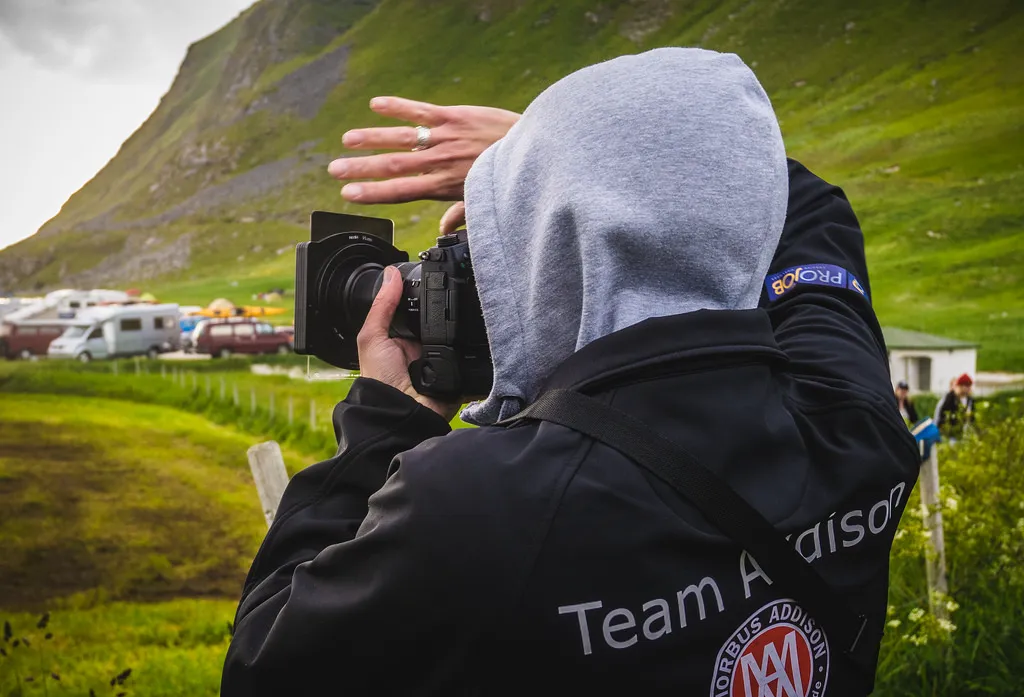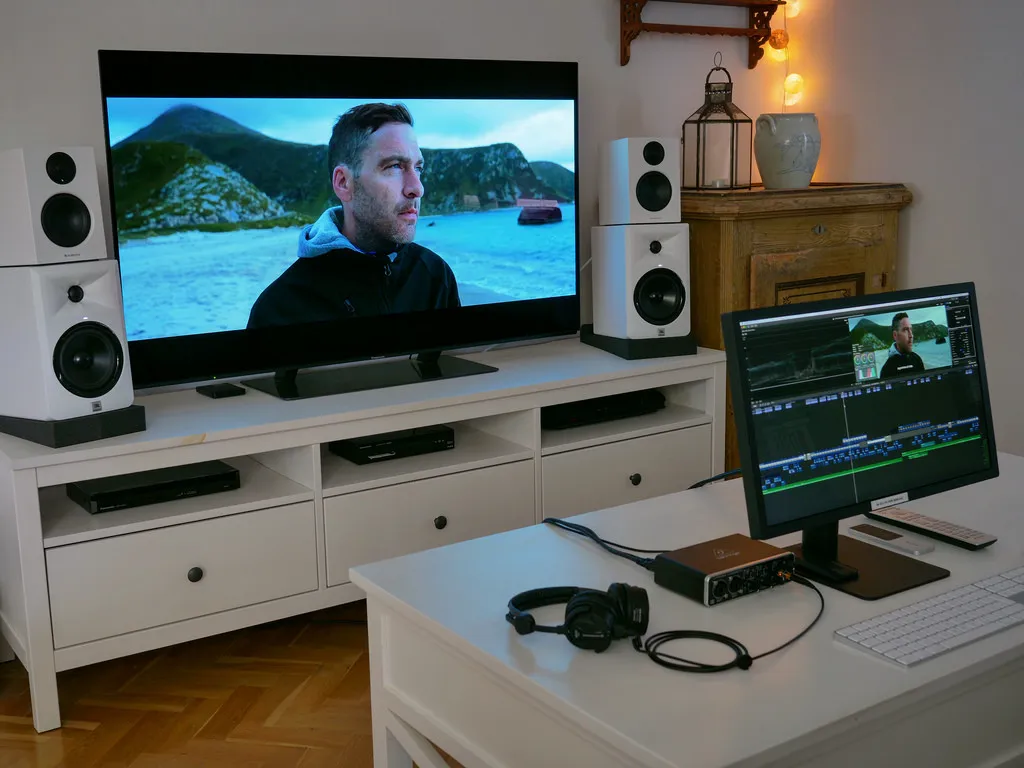When you hear about the need to raise the awareness for a disease, your first thought is probably that more funding is needed for research or that symptoms of the illness are currently facing stigmatization. Those are, of course, important motivating factors as to why people are working to bring more attention to a condition. Yet in some cases, the need for awareness extends even further back in the process of how diseases are diagnosed and treated in our society. For example, can you imagine living untreated with a chronic illness for three years because, no matter how many doctors you saw, no one knew what was wrong with you?
That is what happened to Martin Norrman. Martin is a Swedish activist, avid cyclist, and documentary filmmaker, but the journey to get to where he is today was not an easy one. In 2000, at age 24, he started to feel something changing in his body. Whereas he had previously been full of energy and vitality, now he felt sluggish and exhausted, often struggling just to stay awake. With his body feeling weak and wearied, he spent most of his time outside of work sleeping, and soon he was even taking naps during his breaks. His social life deteriorated, and although people close to him could see that something was wrong, no one could figure out what it was. As he explained to We Love Cycling, “every day was becoming harder and darker. When I went to the doctor, I always came home without answers, despite the fact that the symptoms continued to get worse.”
Years passed in a blur of exhaustion and frustration, Martin was becoming increasingly depressed and was asking himself if he could continue living like this. The tipping point came in 2003. He became suddenly and violently sick at work—developing chills and a fever, he slipped into a coma within 24 hours. During the coma, doctors were shocked to discover the almost complete lack of cortisol in his body and it was soon understood that Martin had Addison’s disease.
Addison’s is long-term endocrine disorder in which the adrenal glands do not produce enough steroid hormones. It is a rare condition and affects about 1 in 100,000 people. What Martin was experiencing is called an Addison’s crisis, the symptoms of which include dizziness, vomiting, and in Martin’s case, even lack of consciousness, due to insufficient cortisol in the body. Thankfully, Martin’s body had just enough to keep him hanging on until the cause of the problem was finally discovered. Once he received the cortisol his body so desperately needed, his condition improved dramatically.
Feeling like he had been given a second chance and full of appreciation for the simple things like having energy to enjoy life again, Martin was still frustrated by the years he had lost unnecessarily to his untreated condition and promised himself that he wouldn’t let Addison’s continue to isolate him. He explained that, “I felt SO ALONE and promised myself that I would do everything I could so that no one with Addison’s ever had to feel like that again.” Yet when he set out to research his condition, he could hardly find any information, never mind support groups or other resources.
With his energy partially regained, he decided to take matters into his own hands and started the Swedish Addison’s association. He explained, “I needed to find a way to make the disease visible.” He got to work, and 10 years into his crusade to bring awareness to Addison’s, Martin decided to combine his efforts with another passion that had become very dear to him—cycling. Although he had always been active, it was hard to get back into a routine after living for years with such low energy levels. He was running and playing soccer, but found that both left him feeling more exhausted than empowered. For Martin, cycling was the answer. In his own words, “after getting treatment—I had so much energy, but my disease was also there. I had to find something that made both me and the diseases feel good. I FOUND CYCLING!!”
Unlike other activities he had tried, the pace and demands of cycling were exactly what his body needed. Martin said, “The strength and energy it gives me is amazing. I feel so strong after. Cycling boosts me and it feels like I can move mountains…”
Cycling is now not only a big part of how he keeps himself healthy, it is also key to his advocacy work and how he helps empower other people with the same condition. Team Addison, which Martin started 5 years ago, participates in many cycling events each year, with Martin himself completing 5-8 races annually. In addition to the crucial function of raising awareness, the team has another goal. Martin explained, “We want to show that we can be active with our disease.” Although the demands of extended physical activity mean that people with Addison’s have to supplement by taking extra cortisone, they can train their bodies to adapt slowly. “Training is stressful for our bodies, but as we get used to it, we need less and less cortisone.”
This determination and commitment to incremental progress is a big part of what keeps Martin going. He rides around 100 km a week to keep himself feeling good and is currently hoping to make another film about his journey to find health and help people better understand Addison’s.
As his story illustrates, raising awareness can be critical to helping ensure correct and timely diagnoses. Martin explained, “We need help to be seen and spread knowledge, so we get the right treatment in health care as soon as we need it.” Through Team Addison, he is not only helping his disease to be better understood, but also providing a community where people can form connections and help each other, reminding one another that they are not alone.
You can see Martin’s beautiful documentary, The Last Remaining Light, above and support Team Addison by following this link.







